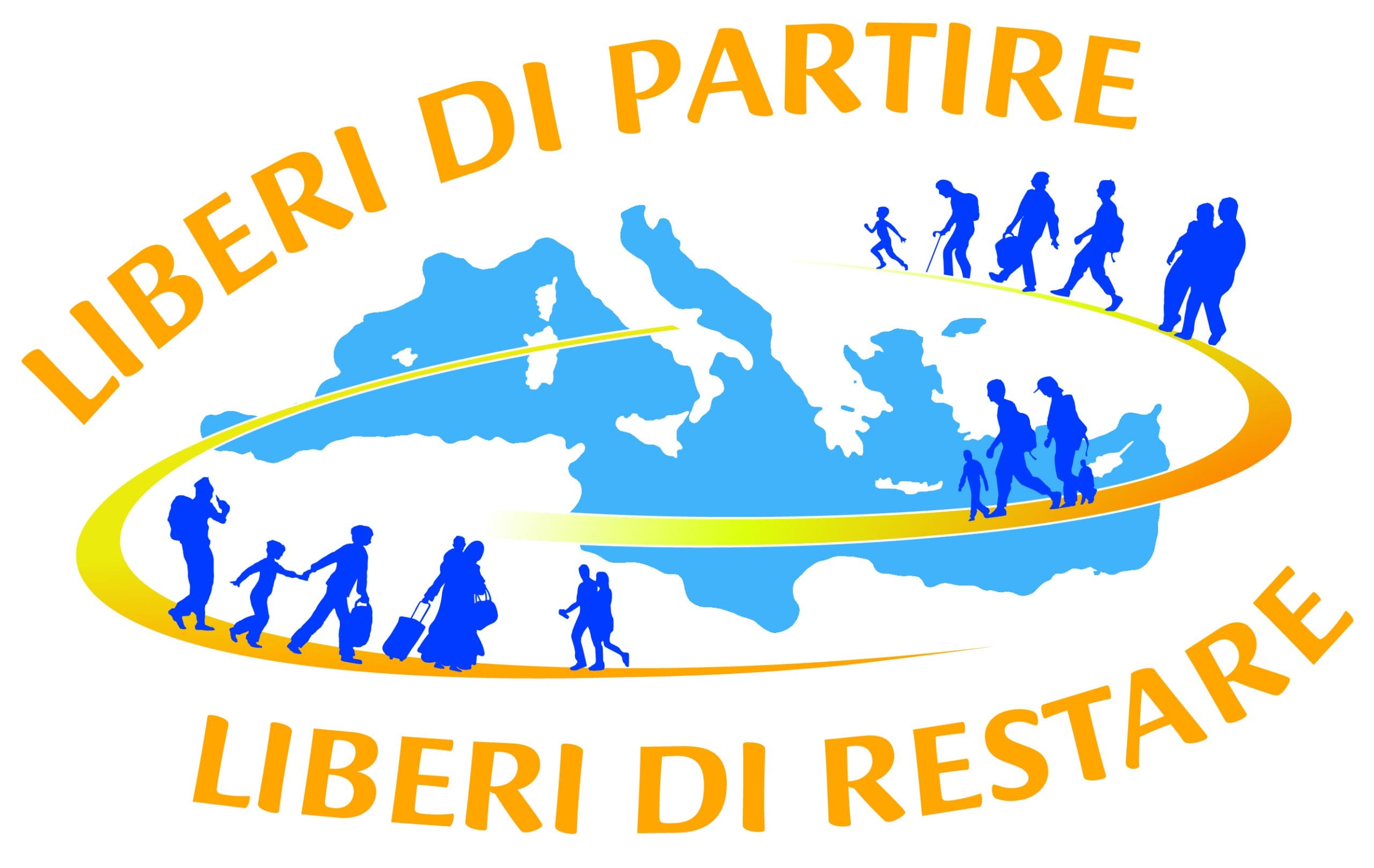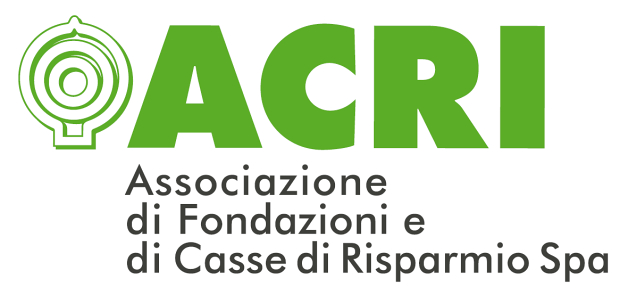PAGELLA IN TASCA
Education Pathways for Refugee Children
PAGELLA IN TASCA – Education Pathways for Refugee Children is a pilot project, promoted by INTERSOS in partnership with UNHCR, the Municipality of Turin, and other partners, which aims to open a new regular and safe entry channel so that unaccompanied refugee minors can have the opportunity to come to Italy without having to risk their lives on a boat in the Mediterranean.
This is the first international experimentation of a complementary pathway for unaccompanied minors, highly innovative compared to the entry channels currently active, such as humanitarian corridors, because:
- it is specifically dedicated to the protection of unaccompanied minors, currently excluded from humanitarian corridors from non-EU countries and from most other entry channels;
- it is aimed at promoting the right to education and is based on the issuance of an entry visa for non-university study, provided by Italian law for minors between 15 and 17 years old, but to date never used to promote the entry of refugee minors;
- the children are hosted by foster families, unlike what happens to almost all unaccompanied minors in Italy, who are placed in facilities for minors: this is a community sponsorship mechanism which provides, alongside families, also the involvement of civil society organizations, with a central role of municipalities and schools.
Nine unaccompanied minors aged between 16 and 17 years old participated in the project, which was carried out between 2020 and 2024. They are all Sudanese minors who fled alone from the violence in Darfur to Libya, where they suffered mistreatment and exploitation. They then sought refuge in Niger, a country that ranks among the last in the world in the Human Development Index and that does not offer them opportunities for study and future.
“I left my country, Sudan, and went to Libya and stayed there for about a year. I lived badly there, I found people who helped me get to Niger because I didn’t even have the money, I was a minor… I was very happy because if I come here to Italy, I will definitely have a better future,”
Ala Addine, 19 years old
The project participants were identified by INTERSOS and UNHCR staff operating in Niger based on a range of criteria, including the child’s motivation to study.
For each of these minors, INTERSOS requested an entry visa for study, demonstrating the requirements provided by law, such as enrollment in an Italian school and guarantees of reception and protection in Italy.
The first five unaccompanied minors arrived in Turin in October 2021, while the second group, composed of 4 boys, arrived in Italy in October 2022.
All minors were hosted by foster families, who pledged to care for and support them in their study and social inclusion path. INTERSOS selected and trained the families in close collaboration with the social services of the Municipalities of Turin and Asti, which assessed their suitability for foster care.
“I come from Sudan. I was a refugee in Niger, and there they asked me if I wanted to go study in another country… and after a few months, they told me, “You have been chosen to go study in Italy with the “Pagella in Tasca” project, and I was very happy! Then we arrived in Turin in 2022. In the beginning it was difficult, you don’t know the language, you don’t know anyone… then little by little everything started to improve, to meet people, to make friends… I get along very well with the family. We watch movies, the game, we have taken trips, to Tuscany, to Rome… If you understand them and they understand you, it’s like being at home!”
Mahyadine, 19 years old
Soon, affective relationships developed between the children and the foster families. The minors who were in contact with family members remaining in Sudan wanted to introduce their parents and foster families through video calls that saw moving moments made of glances and smiles, as well as the sharing of some important choices for the lives of the children.
Despite cultural differences, the foster families were able to build very positive and effective educational relationships with the children.
The reception in foster families represented a very positive experience for the children, who said they felt at home and learned Italian and the ways of life in Italy much faster than those placed in facilities.
“There has been patience and listening from both sides, ours and his. We have all changed, we have modified our attitudes and our relationships, he has helped us to highlight our limits and to improve, even as a family”
Monica, Turky’s foster parent
The project provided for the guarantee of a scholarship for each minor for one year, to cover living costs, and support for minors and foster families by specific professional figures (educator, cultural mediator, lawyer, and psychologist).
The children attended school in CPIAs (Provincial Centers for Adult Education) and, after obtaining their middle school diploma, continued their education and training path in upper secondary school, vocational training, or within-training internships.
At the end of the 12 months of scholarship, the children were placed within the SAI (Reception and Integration System) projects of the Municipality of Turin and the Municipality of Asti , remaining with the same foster families. Upon reaching the age of majority, the Juvenile Court ordered the continuation of the children’s placement until age 21, thus allowing the continuation of their study, training, and inclusion projects.
The project has been included among the good practices within the Global Compact on Refugees promoted by the United Nations.
Stories
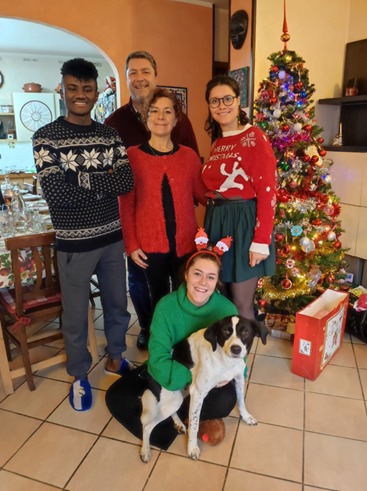
Mahyadine arrived in Turin in 2022 and was welcomed by Wanda, her husband and their three children. After obtaining his middle school diploma, Mahyadine is attending a three-year vocational training course related to carpentry. He is not sure he can attend the optional fourth year because he needs to work to help his family. After the vocational training course, he wants to find a job a house and bring his brothers and parents to Italy, whom he misses very much.
Turky was born in Darfur, during the war that bloodied that region, causing hundreds of thousands of deaths and millions of refugees. When he was not yet 10 years old, he fled from Sudan to Libya to save himself from the attacks of the Janjaweed militias. After being separated from his mother in Libya, he fled to Algeria and then to Niger. He lived for almost two years in a refugee camp in Agadez, in the middle of the desert, in harsh material conditions and without any opportunity for study or social inclusion. In 2021, he was included in the “Pagella in Tasca” project and left by plane for Italy. After a short period in a facility for minors, he was welcomed by Monica and Marco and their two daughters near Turin. Today, he is finishing his last year of high school and next year, he would like to enrol in Aerospace Engineering.

Ala Adine, who arrived in Italy in 2022, found a home with Davide’s family, his wife Beatrice and their two daughters, Francesca and Chiara. He is currently taking an industrial mechanics course and is acquiring the technical skills to excel in this field.
In addition to his studies, Ala Adine also explores his creativity through drawing and photography. He recently got his driver’s license and is proud to move independently and accompany his friends.

The “PAGELLA IN TASCA – Education Pathways for Refugee Children” project is promoted by INTERSOS, in partnership with UNHCR, the Municipality of Turin, the Migrant Pastoral Office of the Diocese of Turin, the CPIA Piedmont Network, the Terremondo cooperative, the ASAI, Mosaico – Actions for Refugees and Frantz Fanon associations.


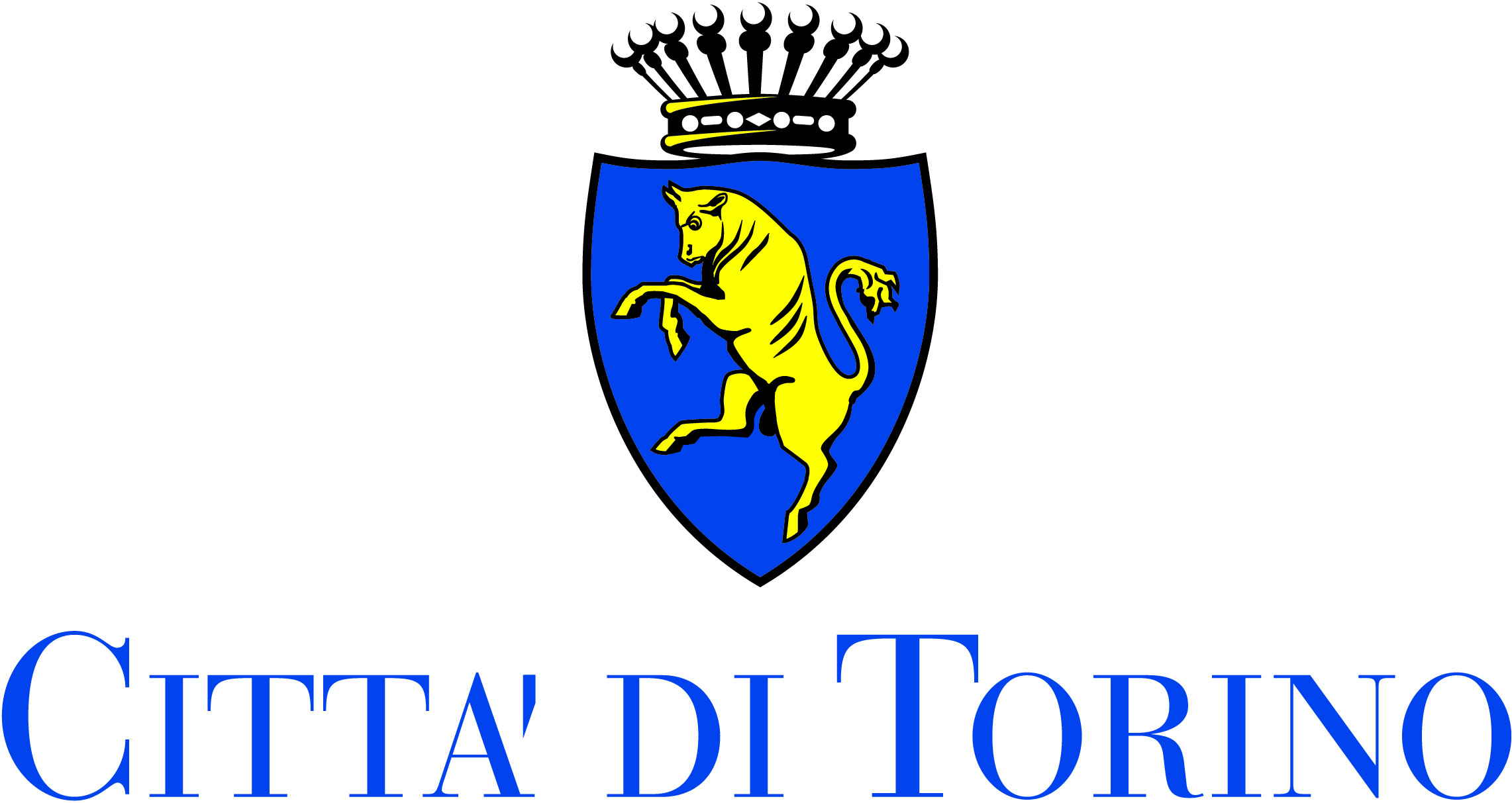



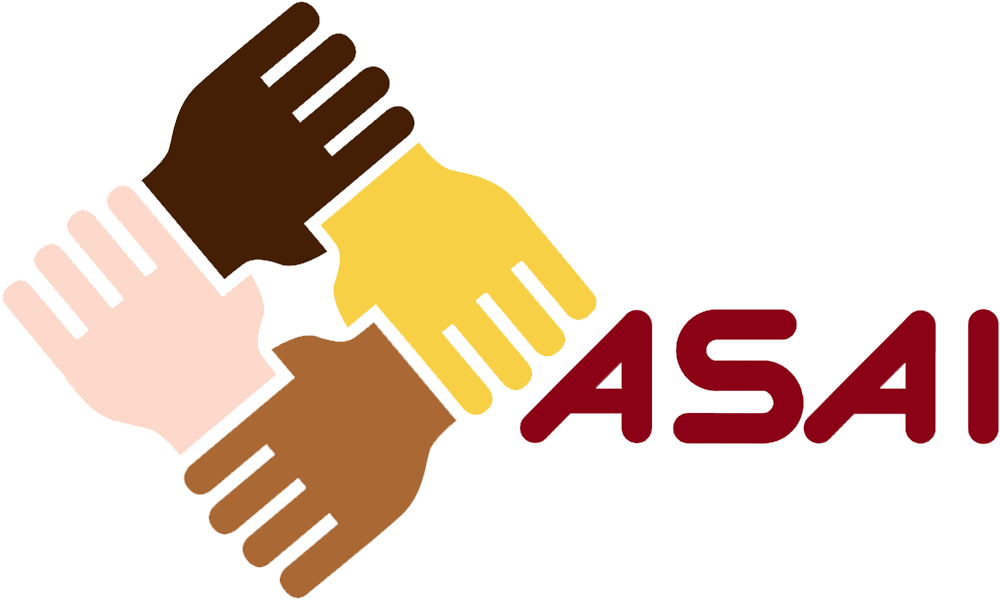


In 2021, a national Memorandum of Understanding was signed, which includes among the signatories, in addition to the project partners, also the Ministry of Foreign Affairs and International Cooperation, the Ministry of the Interior and the Ministry of Labor and Social Policies.
The project was carried out with the support of the Italian Episcopal Conference (within the “Free to leave, free to stay” Campaign – 8 per thousand funds of the Catholic Church), the Migrantes Foundation, Acri (within the “Migrants” Project), the Compagnia di San Paolo Foundation and the European Union’s Asylum, Migration and Integration Fund (within the COMET project – COMplementary pathways nETwork).
